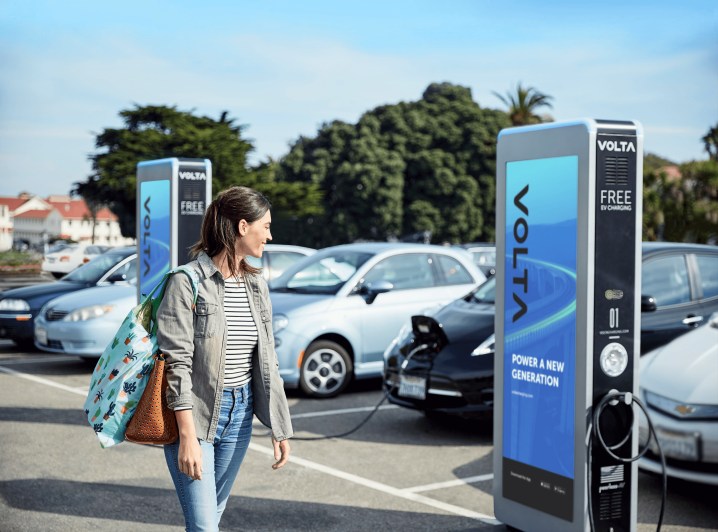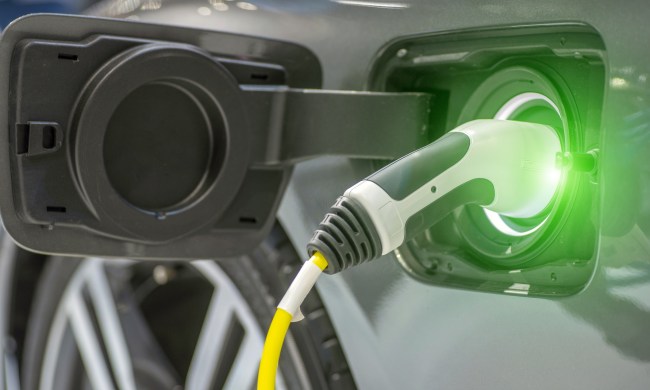
Building a new home in the United Kingdom could soon require some new car technology, too. This week, the U.K. government unveiled a new plan to create a more environmentally friendly future, and make the nation “the best place in the world to build and own an electric vehicle.” One of the key proposals involves requiring new homes to come with built-in electric vehicle charging stations. New lampposts would also need to have charging points, and hopefully, would create a “massive expansion of the plug-in network,” the U.K. government noted in a release.
These ambitious initiatives build upon a previously outlined plan to end the sale of traditional fossil fuel-burning cars by 2040. As Chris Grayling, Secretary of State for Transport, said, “The coming decades are going to be transformative for our motor industry, our national infrastructure and the way we travel. We expect to see more change in the transport sector over the next 10 years than we have in the previous century.”
Under this new proposal, the government would assess whether or not new homes (as well as offices) would need charging stations, and would also install these new charging point-equipped lamps in strategic locations around the U.K. Moreover, the government plans to invest more money in overall charging infrastructure, and will place charging points on highways and large gas stations.
While this all sounds extremely far-reaching, the U.K. has made a commitment to cut down on its greenhouse gas emissions by a whopping 80 percent (when compared to 1990 levels) by 2050. And a key part of that, of course, would be to replace many of the traditional gas guzzlers currently on the road with far more eco-friendly EVs. However, given that electric cars currently have a rather stunted range of just around 250 miles, the addition of charging stations will be key to encouraging mass adoption.
Of course, the U.K. stands to gain quite a bit from an economic standpoint as well should it succeed in reducing emissions. As Grayling said, “The prize is not just a cleaner and healthier environment but a U.K. economy fit for the future and the chance to win a substantial slice of a market estimated to be worth up to [$10 trillion] by 2050.”


